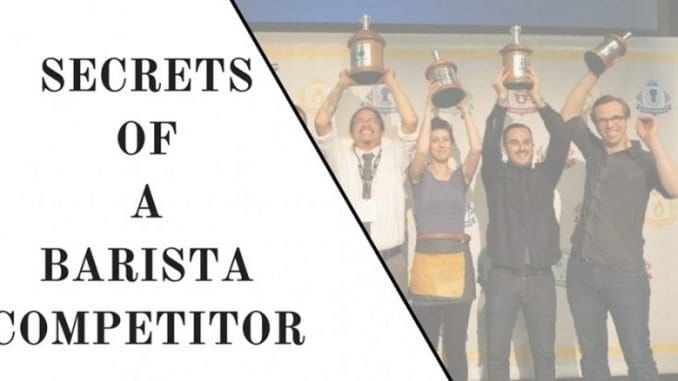
In this series, we’ll share the secrets of barista competitors. From choosing a theme to setting a practice schedule, we’ll talk to seasoned competitors about how to compete smartly, efficiently, and effectively.
BY ASHLEY RODRIGUEZ
BARISTA MAGAZINE ONLINE
No matter what competition you participate in—barista, brewers, roasting—practice is key. Ask any competitor and they’ll tell you they’ve practiced upwards of hundreds of hours to get to the point they are at. And sure, practice—lots of practice—is important. But hours of espresso tastings and backbreaking run-throughs aren’t going to make you a winning competitor.
Berg Wu would know. He is the current World Barista Champion, and balanced practicing for competition with owning a café, Simple Kaffa, in Taipei, Taiwan, and giving enough of his time to his family and other commitments. “We all know that practice makes perfect. And practicing efficiently is very important. I’ve heard people say that if you want to win, you need to bet all your energy, time, and money on it. But I suggest finding efficient ways of practicing,” shares Berg.
For those preparing for the United States Barista Championship: You don’t have to sacrifice all your free time to be a great competitor if you practice smart and efficiently. Here’s how Berg did it:
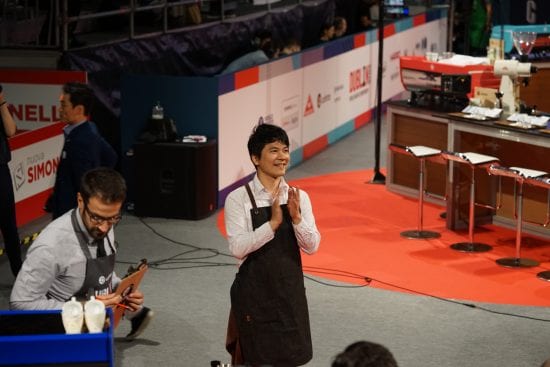
- Have a very specific, detailed plan.
Berg never practiced without specific goals he wanted to achieve. And he determined those goals by making every practice meaningful and reflecting on all the advice he received from his coaches. “For me, every time I practice (no matter if it’s for preparation time or performance time), I took video clips and my team made notes on my timing, sensory scores, technical scores, workflow, etc. And I would watch every clip and read every piece of their comments,” he shares. “Then I made up small goals to achieve in my next practice.” Every practice was thought out and shaped the next session. “If I don’t use my time wisely, I could waste time and money; most importantly, if there is something wrong, even if it’s tiny mistakes, I would force myself to correct it next time so as to avoid incorrectness becoming habits.”
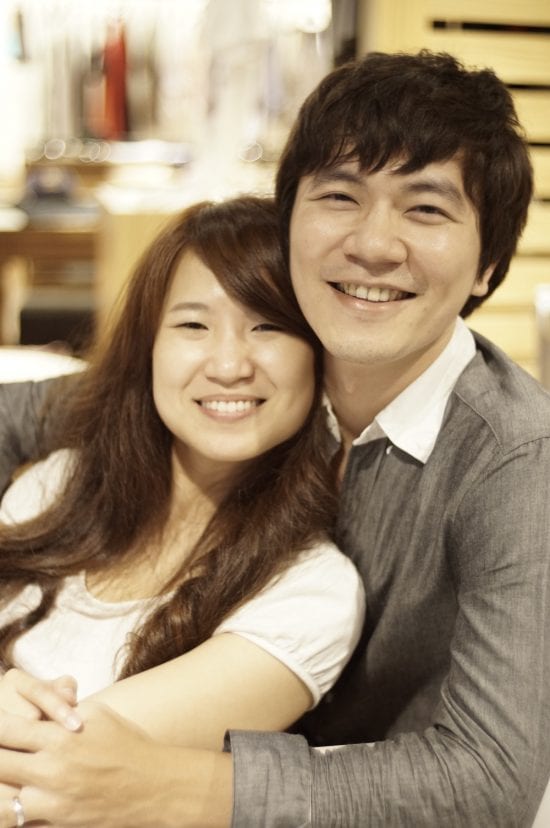
- Not everything you do requires an espresso machine or a full run-through.
Berg has a lot going on during his competition prep—work, family, life—and he’s careful to keep things in balance. “I kept in mind that I need to balance among competition, family, and work while taking time to rest. Because if one thing took me too much time, the rest of my life will become imbalanced,” he shares. “When I prepared for the WBC, I spent a lot of time thinking and building up my concept. This process of thinking does not require me to be physically stuck in my training center.” Breaking up the elements of your routine—like coming up with a speech or organizing your wares—into succinct tasks will save you time. “After the concept was built, I arranged one month to practice on running my routines receptively and efficiently. I only practice three hours a day, two rounds top,” Berg notes of his prep time.
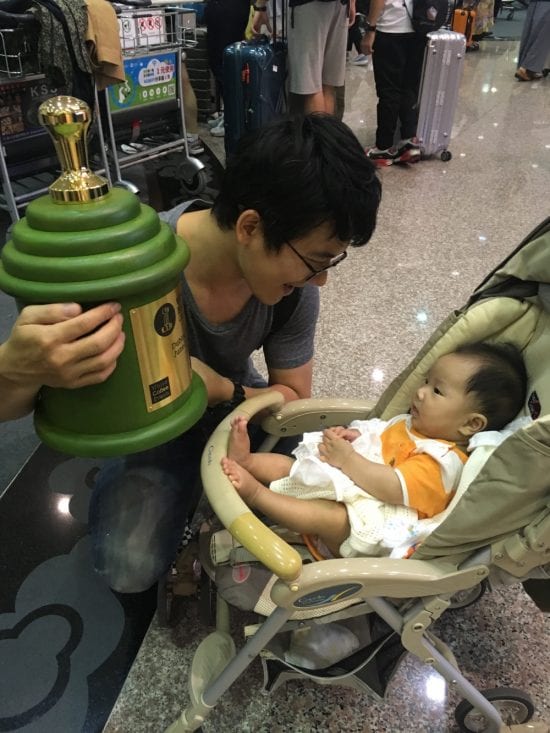
- Consider your resources
The resources you have available will dictate how to structure your practice time. Berg explains it best:
“I analyzed the resources I had, set up goals, and made plans. I think resources include software and hardware. Software means team members, their competencies, their lives, and their devotion. Hardware means money, equipment, training places, etc. For goals, it’s not necessarily about ranking because we all know ranking is a relative term. Goals should be something you want to achieve during the whole process of preparation. For resources, how many resources you have will definitely affect how to make up plans. For me, one very limited resource I had when preparing for the WBC is time, because I needed to also spend time with my newborn son and work. So I made plans on how to use my time efficiently and effectively.”
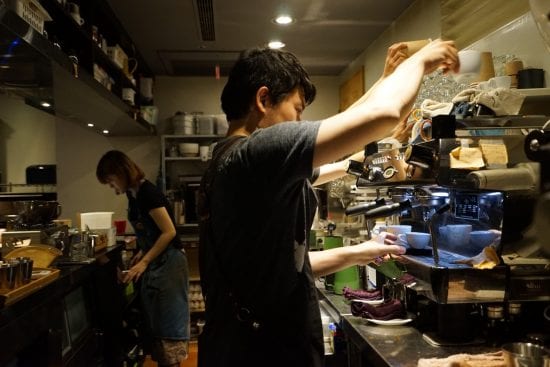
Hard work comes in all forms. For some, repetitive practice sessions are what will build confidence and muscle memory. For others, careful sketches of place settings and editing speeches will equal success. The overall message here is that time does not equal hard work. Being smart with your time and planning a strategic course of attack is what led Berg to win the WBC last year and what will push you to do your best in the coming competitions. So relax, ask questions, and plan a smart prep schedule.
As we move from U.S. Qualifiers to the USBC, we’ll continue interviewing international barista champions, former U.S. winners, and competitors that have inspired us. We’ll also interview some judges, and perhaps take a sneak peek at some competitors as they prepare for USBC in April. And as always, if you have any questions, please email me at ashley@baristamagazine.com! I competed in Austin last weekend, and hope to be as transparent as possible with our readers. I already published my CoffeeChamps speech here, and will put all my scoresheets up soon!


So strange, nothing mentioned about serving a good cup of coffee to any customer.
Also, nothing covered about the water leaking espresso shots in semi-final, both Taiwanese and Japanese barista. Should any customer(or in WBC, judges) accept a shot of water leaking espresso? Or, should any professional barista be able to unaware of the water leaking situation and not to insist to re-brew another fresh new normal shot?
This is the worst demonstration as 1st and 2nd WBC ever! Almost half year passed, these two water leaking barista still pretending nothing happened, not to mention return their shameful title. I suggest WBC should consider cancel both 1st and 2nd’s title!